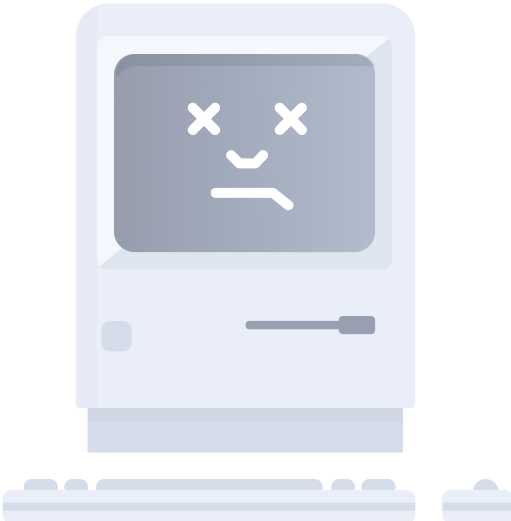
Web of Science
4.8
6
The Web of Science is a citation database that provides publication and citation data for research and assessment. It connects regional, specialty, data, and patent indexes to the Web of Science Core Collection, allowing for tracking of ideas across disciplines and time.
Strengths
-
Comprehensive database
Covers a wide range of scientific disciplines
-
High-quality content
Includes peer-reviewed articles and journals
-
Advanced search capabilities
Allows for precise and efficient searching
Weaknesses
-
Expensive subscription
May not be affordable for smaller institutions or individuals
-
Limited coverage of non-English language content
May not be suitable for researchers in non-English speaking countries
-
Limited coverage of certain disciplines
May not be suitable for researchers in niche fields
Opportunities
- Could increase coverage of non-English language content or niche fields
- Could enhance user experience and increase efficiency
- Could increase accessibility and convenience for users
Threats
- Could decrease market share and revenue
- Could decrease demand for subscription-based databases
- Could decrease demand for research tools like Web of Science
Ask anything of Web of Science with Workflos AI Assistant
https://clarivate.com/
Apolo
Squeak squeak, I'm a cute squirrel working for Workflos and selling software.
I have extensive knowledge of our software products and am committed to
providing excellent customer service.
What are the pros and cons of the current application?
How are users evaluating the current application?
How secure is the current application?
Web of Science Plan
Web of Science offers subscription-based access to its Core Collection, with pricing varying based on institution size and version features.













